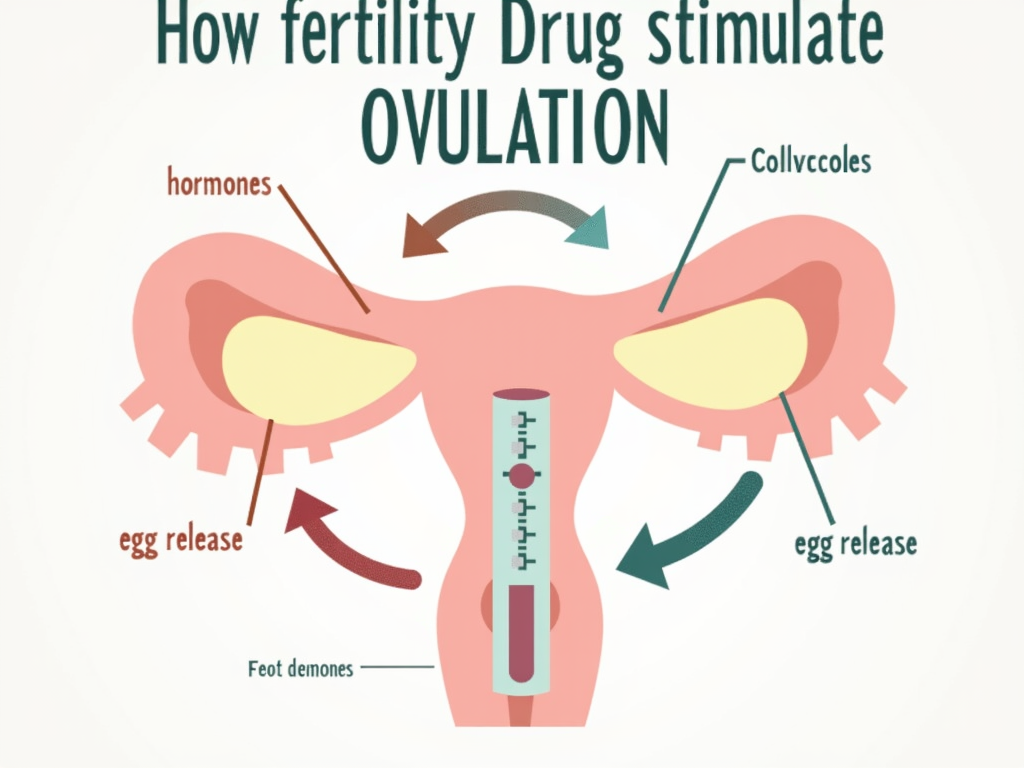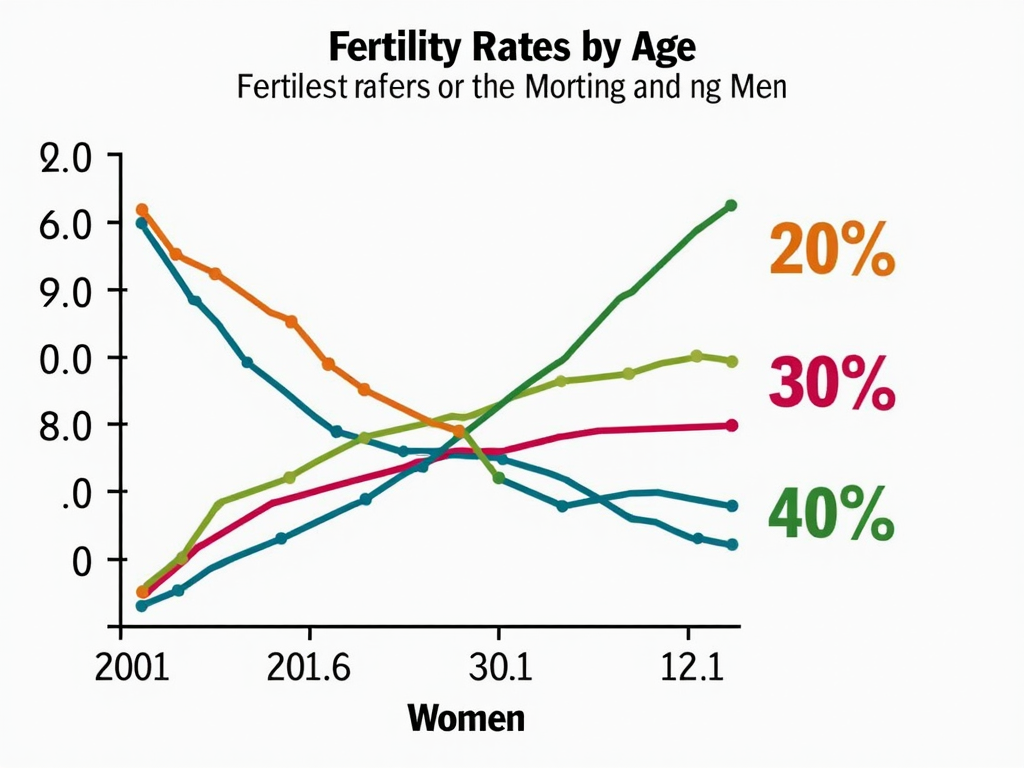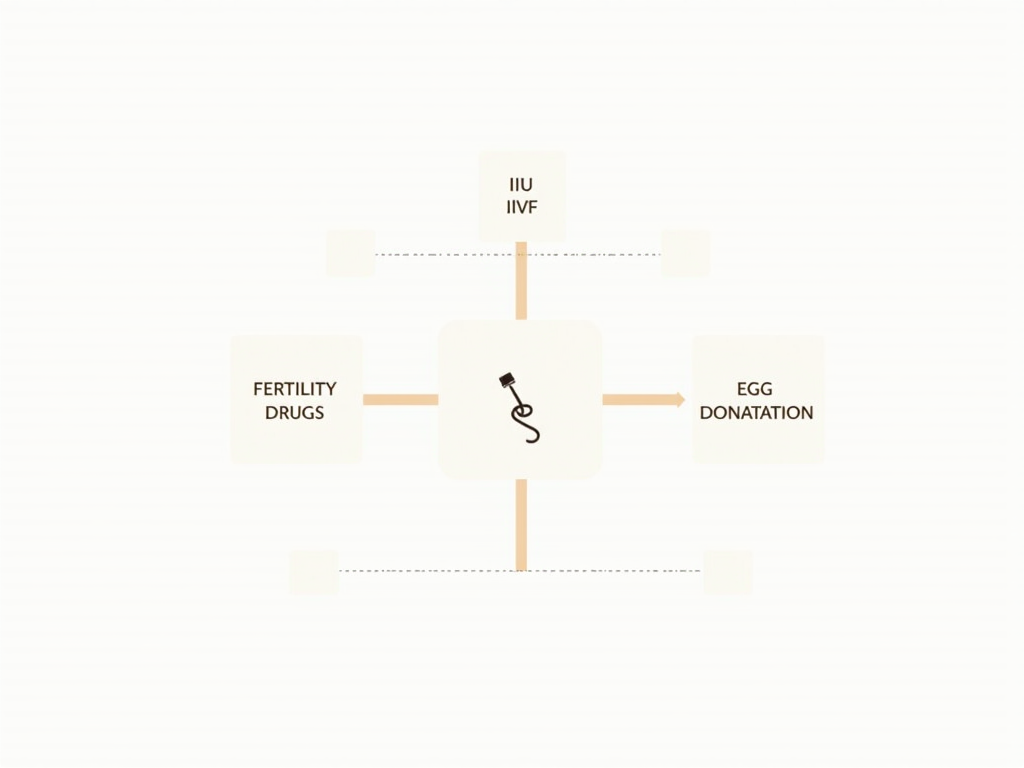Fertility Drugs and Age Factors: What You Need to Know
March 13, 2025, 5:38 p.m.
Facing fertility challenges can feel overwhelming, but understanding your options can bring hope. Fertility drugs offer a starting point for many, and age plays a big role in how well they work. This article explains fertility drugs and age factors in a simple, relatable way.
What Are Fertility Drugs?
Fertility drugs are medications that help people conceive by boosting the body’s natural processes. For women, they can trigger ovulation—the release of an egg. For men, they might improve sperm production. Common ones include Clomiphene Citrate (Clomid), Gonadotropins, and Metformin.
These drugs adjust hormones or stimulate the ovaries directly. They’re often the first step because they’re less intense than options like IVF. But their success depends on factors like age, health, and the root cause of infertility.

How Do Fertility Drugs Work?
Fertility drugs tackle specific issues. Clomid, for example, tricks the brain into making more hormones to spark ovulation. Gonadotropins go straight to the ovaries, pushing them to release eggs. The goal? To create the best chance for pregnancy.
Doctors often start with these drugs because they’re affordable and straightforward. Still, they don’t work for everyone. Age, especially, can change how effective they are, which we’ll explore next.

Why Age Matters in Fertility
Age affects fertility for both men and women. For women, the number and quality of eggs drop after the late 20s, with a steeper decline after 35. Men see changes too—sperm quality can dip as they get older, though it’s less dramatic.
This natural decline makes conception harder over time. Fertility drugs can help, but their power fades as age rises. Knowing this helps set realistic goals when planning treatments.

How Age Impacts Fertility Drug Success
Younger people often see better results with fertility drugs. A woman in her 20s might ovulate easily with Clomid, while someone over 40 might need stronger drugs or extra help. Egg quality is key—older eggs are less likely to lead to pregnancy.
Studies show success rates drop after 35. For example, Clomid works for about 80% of women under 35 to trigger ovulation, but that number falls as age climbs. It’s not just age—health and lifestyle matter too.

Real Stories from the Fertility Journey
Fertility struggles can feel isolating, but you’re not alone. Take Sarah, 36, who used fertility drugs for a year before conceiving. 'It was tough,' she said, 'but my doctor’s patience and a support group kept me going.'
Stories like Sarah’s show the emotional side of infertility. It’s not just about medicine—it’s about hope, support, and finding what works for you. Many find strength in connecting with others who get it.

Beyond Fertility Drugs: Other Paths
If fertility drugs don’t work, there are more options. IVF takes eggs and sperm and combines them outside the body. IUI places sperm directly in the uterus. For older women, egg donation might be suggested.
Each choice has pros and cons—cost, time, and success rates vary. Talking openly with your doctor helps you pick the right path, especially as age factors shift the odds.

Action Steps to Take Today
Ready to explore fertility drugs and age factors? Here’s what you can do:
- See a Specialist: Get a personalized plan from a fertility expert.
- Learn Your Options: Ask about drugs, IVF, or other treatments.
- Boost Your Health: Eat well, exercise, and skip smoking.
- Find Support: Join a group or talk to a counselor.
Every journey is different. Some conceive quickly, others take longer. The key is staying informed and keeping hope alive.

Fertility Drugs and Age: A Quick Recap
Fertility drugs can open doors for those facing infertility, but age changes how well they work. Younger bodies respond better, while older ones might need more help. With the right info and support, you can navigate this journey confidently.
Whether you’re starting out or rethinking your plan, understanding fertility drugs and age factors is power. Take it one step at a time—you’ve got this.